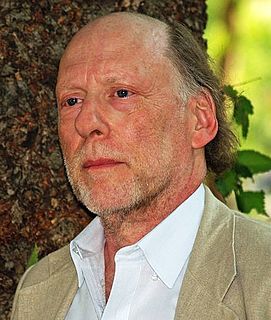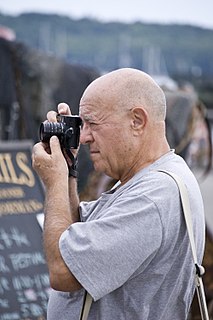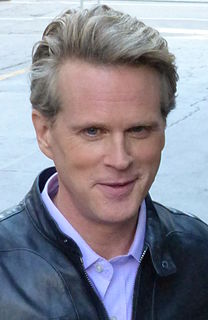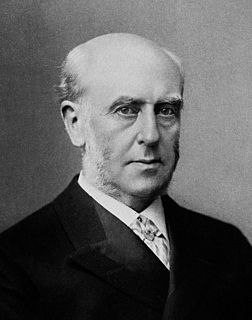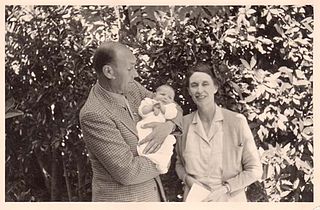A Quote by Todd Gitlin
Mills insisted that a sociologist's proper subject was the intersection of biography and history.
Related Quotes
When you read a history or biography you are entitled to imagine that it is as accurate as the authors can make it. That research has gone into it and we say "This is a history of the civil war, this is a biography of Lincoln" whatever. But you don't make any such supposition when you say "This is a historical novel."
Biography always has fulfiled this role. Robinson Crusoe is a biography, as is Tom Jones. You can go through the whole range of the novel, and you will find it is biography. The only difference between one example and the other is that sometimes it's a partial biography and sometimes it's a total biography. Clarissa, for example, is a partial biography of Clarissa and a partial biography of Lovelace. In other words, it doesn't follow Lovelace from when he is in the cradle, though it takes him to the grave.
I have always hated biography, and more especially, autobiography. If biography, the writer invariably finds it necessary to plaster the subject with praises, flattery and adulation and to invest him with all the Christian graces. If autobiography, the same plan is followed, but the writer apologizes for it.
I had a checklist in my mind of the things that make a biography practical. Is the source material centralized? Is it easy to find? Are there new primary sources that no one has ever had access to? Are all the sources in English? If they're not, are they in a language that you speak? And I realized that not only is Armstrong the most important figure of Jazz in the 20th Century, but he's a perfect subject for a biography for all of these reasons. I had always loved his music and I had been fascinated in him as a personality. And that's really the key to writing a biography.
The Muslim Arbitration Tribunal, if you look at its website, it basically deals with commercial disputes, it's not allowed to deal with matters involving children, it's not allowed to deal with criminal matters, it's subject to judicial review, it's subject to the Human Rights Act, it's subject to the Children's Act, and it's completely proper and right that it should be subject to all those things.
I try to ?nd clues in the documented record - from the subject's own testimony, from the testimony of other people. When you're writing a biography, you're trying to understand your subject in the same way that you try to understand one of your friends, and that effort at understanding is always very imperfect.
